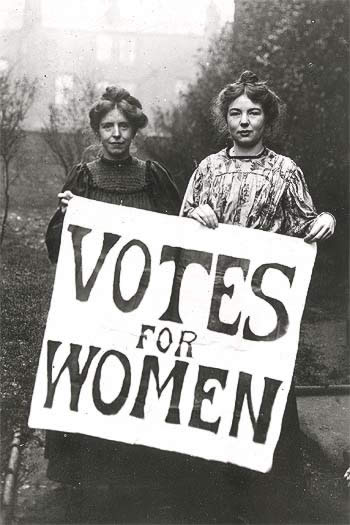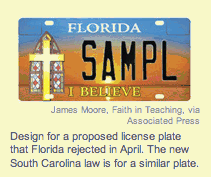By Laura Flanders
This article is part of “Election Protection Investigation Week, a project of The Media Consortium which will culminate with Live – From Main Street Columbus – a virtual town hall exploring how the issues of voting rights and election security affect every day Americans. This is a one-of-a-kind, week-long media collaboration that kicks off today. For more information, click here.
••••••••••••••
Voter registration deadlines are just over a week away in many states. Polls open in just over a month. In an election that could well be decided by new voters, voter registration efforts are in overdrive. But signing people up might be the easy part: after that, there’s voting. As the last two elections have shown, just showing up at the polls isn’t a guarantee of a smooth ride to the ballot box.
In 2000 and 2004, all across the country, thousands of voters were removed from the rolls, without their knowledge, in official purges of voter lists. On Election Day in 2004, boxes of registrations remained unprocessed in at least two cities we know about – Cleveland and Toledo, Ohio. On the radio that election night, I received calls from Columbus voters who had stood for hours in line because of a shortage of voting machines in the inner city, even as, in nearby wealthy suburbs, voters were able to cast their votes in a matter of minutes. As one caller put it, “Jim Crow isn’t dead.”
Election protection and voting rights should be central to any conversation about the ’08 vote. But a lot of tough questions are getting lost in horse-race coverage. And many voters are wondering – again – if their vote will be counted.
In contrast to most advanced democracies, the right to vote isn’t conveyed automatically with citizenship or coming of age in the United States. Voters have to prove themselves and there are no end to the challenges, from felon disenfranchisement laws to monolingual ballots and a myriad of ever-changing rules which differ from election to election and district to district. Come voting day, voters rely on minimally-trained poll-workers overseeing a myriad of voting systems. Disturbing doubts remain about the security of electronic voting and the privately-owned technology many districts rely on to tally votes.
Fed up with waiting for officials or Parties to do the work, this year, as never before, citizens’ groups, and voting rights organizations are taking early action to protect the vote. A few months back, national voting rights groups charged officials in Kansas, Michigan and Louisiana of illegally purging voter lists. Voters whose homes are in foreclosure are also concerned that their status might be used at the precinct to challenge their right to vote. The states with the highest foreclosure rates, Ohio, Michigan, Florida and Colorado, are also swing states where the election could hinge on tiny margins. Meanwhile, in Michigan, the ACLU has just filed a federal lawsuit against state electoral officials over statewide voter purge programs they claim would “disenfranchise hundreds of thousands of Michigan voters” – many of them college students.
Thanks to independent reporting and activist organizing, the Department of Veterans Affairs was recently forced to reverse its policy that would have stopped voter registration drives at hundreds of VA hospitals serving injured and homeless vets.
While the media focus on the candidates, voting rights advocates are focusing on the future of our democracy. It’s falling to nonprofit outfits like the Advancement Project to distribute state-specific “know the facts” palm cards to poll workers in many states. And organizers are fanning out. Twenty-three states allow early voting. Ohio has a “golden week” – Sept. 30 to Oct. 6 – in which people can register and vote all in the same day. The organizers recommend voting early. Avoid the lines and the worst of the chaos.
Will citizen activism decide an election? It just might.
Laura Flanders is host of GRITtv and Live From Main Street.





